
A weekend with grandma changed my son—but at what cost?
For what felt like an eternity, my husband, Mark, and I had been locked in a constant struggle with our son’s challenging behavior. At the tender age of eight, Leo was a veritable fireball of boundless energy, often displaying a defiant streak that tested our patience daily, and seemed to operate under his own unique set of rules, paying little heed to the boundaries we tried to set. He wasn’t inherently a bad child—far from it. He possessed a kind heart and a playful spirit. But he was undeniably strong-willed, easily distracted by the slightest thing, and stubborn to a fault, traits that often led to friction within our household. We had diligently tried every single parenting approach we could find in the numerous books and articles we devoured: positive reinforcement with sticker charts and praise, structured time-outs to encourage reflection, and even the occasional stern punishment when necessary. Yet, despite our consistent efforts, nothing seemed to truly work in the long term. If anything, our constant attempts at correction and guidance only seemed to make him dig his little heels in even further, solidifying his resistance to our authority. Then, one seemingly ordinary weekend arrived, and everything inexplicably changed.
My mother-in-law, Patricia, had always expressed a keen desire to spend more quality time with Leo. She absolutely adored her grandson, showering him with affection and gifts whenever she had the chance, though she often subtly hinted—and sometimes not so subtly—that Mark and I were perhaps being too lenient in our parenting approach with him. “He just needs a firm hand, you know,” she’d often say with a knowing smile and a pointed look in our direction, implying that our gentler methods were ineffective. So, when she extended a warm invitation for Leo to spend an entire weekend at her house, a proposition that would give Mark and me a much-needed break from the daily whirlwind of parenting, we thought, why not give it a try? Perhaps a change of scenery and a different set of expectations might actually do him some good.
When Sunday evening finally rolled around, and we arrived at Patricia’s house to pick up Leo, I immediately noticed that something was distinctly different about him. Instead of his usual boisterous greeting, running ahead of Patricia and enthusiastically throwing his brightly colored backpack onto the floor the moment he entered our house, Leo walked calmly and quietly towards our car. He even remembered to buckle his seatbelt without any prompting or reminders from either Mark or me, a small act of responsibility that was surprisingly out of character for him.
Once we arrived back home, the changes in Leo’s behavior were even more striking and frankly, a little unsettling. He spontaneously offered to help set the table for dinner, carefully placing the silverware and napkins with an uncharacteristic thoughtfulness. After we had finished eating, he cleared his own plate from the table and even insisted on washing it in the sink, a chore he typically tried to avoid at all costs. Later that evening, when I walked into the living room, fully expecting to find him engrossed in a noisy video game or scattered amongst his toys, I was astonished to see him diligently vacuuming the rug—without being asked, without any nagging or prompting from Mark or me.
I exchanged a bewildered glance with Mark, a silent question passing between us. “Did we somehow pick up the wrong kid from Grandma’s?” I joked, trying to lighten the slightly surreal atmosphere. But in truth, something about his sudden and dramatic transformation felt deeply unsettling. A single weekend with his grandmother couldn’t possibly change a child’s fundamental personality and behavior this drastically, could it?
The unease I felt that Sunday evening only grew stronger as the following days passed. Leo continued to be uncharacteristically polite, almost overly obedient, and even a little reserved and withdrawn. He spent significantly less time glued to his tablet, his usual digital companion, and he never once argued or even mildly protested when Mark or I asked him to do something, no matter how tedious the task. It was… unnatural. While a part of me, the weary parent who had struggled with his defiance for so long, should have been absolutely thrilled by this sudden and dramatic improvement, instead, I felt a creeping sense of dread and a nagging suspicion that something wasn’t quite right.
I finally decided that I needed to gently ask Leo about his weekend at Grandma’s house, hoping to uncover the secret behind this unexpected behavioral shift.
At first, when I broached the subject, he simply shrugged his little shoulders and muttered something vague about having had a fun time with Patricia, offering no real details. But when I gently pressed him further, kneeling down to his level and looking him directly in the eye, he hesitated, his gaze shifting away from mine as if he were reluctant to share something.
“Leo,” I said softly, my voice calm and reassuring, “Did something happen at Grandma’s house this weekend that you want to tell me about?”
His small hands nervously gripped the hem of his t-shirt, twisting the fabric between his fingers. He chewed on his lower lip, a habit he often resorted to when he was feeling anxious or uncertain, then finally, in a small, hesitant voice, he said, “I… I heard them talking.”
“Talking? Talking about what, sweetheart?” I asked, my curiosity and concern growing with each passing moment.
“Saturday night,” he said, his big brown eyes downcast, focusing intently on his fidgeting fingers, “Grandma and her… her boyfriend were in the kitchen. They lit some candles on the table, and they probably thought I was already asleep in bed, but I… I heard them talking. Grandma was talking about you and Dad… about how you sometimes fight.”
A sudden chill ran through me, a cold wave of apprehension washing over me at his words.
He finally looked up at me, his usually bright and playful eyes filled with an emotion that no child should ever have to experience—a palpable fear.
“She said that you’re already really stressed out, Mommy, and that when I keep acting bad and not listening, I just make it even worse for you. She said that if I don’t start changing my behavior and being a better boy, then you and Dad might get too tired of each other and… and you won’t love each other anymore.” His small voice wavered and cracked with emotion, and I could see the tears welling up in his eyes. “I really, really don’t want you and Dad to get divorced, Mommy.”
I felt my heart physically break into a million tiny pieces at his heartbreaking confession. I immediately pulled him into my arms, holding his small body as tightly and as lovingly as I possibly could, burying my face in his soft hair.
“Oh, my sweet, sweet boy,” I whispered, stroking his hair gently and trying to soothe his distress. “You don’t ever have to worry about that, Leo. Daddy and I love each other very, very much, and we love you more than anything in the whole wide world, no matter what. Nothing you ever do will ever change that, do you understand?”
Leo sniffled softly, his small body still trembling slightly in my embrace. “But… but what if I do make you too tired, Mommy? What if I keep being bad?”
“You won’t, sweetheart,” I said, gently pulling back just enough so that I could look him directly in his tear-filled eyes. “It is our job as your parents to take care of you, to guide you, and to love you unconditionally. It is absolutely not your job to worry about our relationship, okay? And sometimes, even when people love each other very much, like Daddy and I do, they might have disagreements or arguments. But that doesn’t ever mean that we are going to stop loving each other or that we are going to split up. Do you understand?”
A wave of relief visibly washed over his little face, his tense shoulders relaxing slightly. But it was mixed with something else, a lingering shadow of doubt that still clouded his bright eyes.
That night, I lay awake in bed long after Mark had fallen asleep beside me, replaying the entire conversation with Leo over and over in my head, each word echoing in the quiet darkness of our bedroom. I had absolutely no doubt in my mind that Patricia had meant well, that her intentions were likely rooted in a misguided desire to help us with Leo’s behavior. But in her attempt to “fix” him in her own way, she had inadvertently planted a terrible and completely unwarranted fear deep within my son’s innocent heart. And in her misguided effort to encourage better behavior, she had burdened him with something no child should ever have to carry—the heavy and completely false belief that his parents’ marriage and their continued love for each other depended entirely on his ability to be “good.”
The very next day, after Leo had left for school, I picked up the phone and called Patricia. I made a conscious effort to keep my voice calm and even, but firm and direct.
“Patricia,” I said, after exchanging brief pleasantries, “I know that you care deeply about Leo, and I truly appreciate you having him for the weekend. However, we really need to have a serious talk about some of the things you apparently said around him while he was at your house.”
She sounded genuinely confused at first, her tone light and questioning. But as I carefully explained what Leo had overheard during his weekend visit, detailing his distress and the fear it had instilled in him, she finally let out a long, heavy sigh. “Oh, honey, I am so incredibly sorry. I truly didn’t mean for him to hear any of that. I thought he was sound asleep.”
“But he did hear it, Patricia,” I said, my voice remaining calm but unwavering. “And now he’s genuinely scared that if he misbehaves or makes mistakes, Mark and I will get divorced. That is absolutely not okay with us. It’s not fair to him, and it’s simply not true.”
“Well, maybe it’s not such a bad thing that he overheard us, Claire,” she said defensively, a hint of her usual stubbornness creeping into her voice. “Sometimes, you know, kids just need a little wake-up call to understand the importance of good behavior and the potential consequences of their actions.”
“No, Patricia,” I said firmly, my patience starting to wear thin. “What Leo needs more than anything right now is to feel safe, secure, and unconditionally loved. He needs to know, without any doubt, that our love for him is not dependent on his behavior or whether he meets some arbitrary standard of ‘goodness.’”
There was a long and uncomfortable silence on the other end of the line before she finally said, her voice softer now, tinged with a hint of remorse, “I truly never meant to scare him, Claire.”
“I understand that, Patricia,” I replied, trying to maintain a diplomatic tone. “But fear is simply not the answer when it comes to guiding and teaching our children. We have to approach him with love, patience, and a deep understanding of his individual needs and challenges, not with threats or by making him feel responsible for our marital happiness.”
After that rather difficult but necessary conversation, things slowly began to shift. Patricia, to her credit, did apologize to Leo during their next visit, reassuring him that he was not in any way responsible for our marriage and that our love for him was unwavering. Gradually, over the following weeks, Leo started to relax and his usual playful and mischievous spark began to return, though he did retain some of his newfound helpfulness around the house, which was a welcome bonus.
It was a valuable lesson for all of us involved. Parenting isn’t about trying to break a child’s spirit or instill fear in order to force them into obedience. It’s about guiding them with consistent love, endless patience, and a deep understanding of their unique personalities and developmental stages. And most importantly, it’s about ensuring that they always feel safe, cherished, and unconditionally loved—no matter what challenges they face or what mistakes they might make along the way.
News in the same category

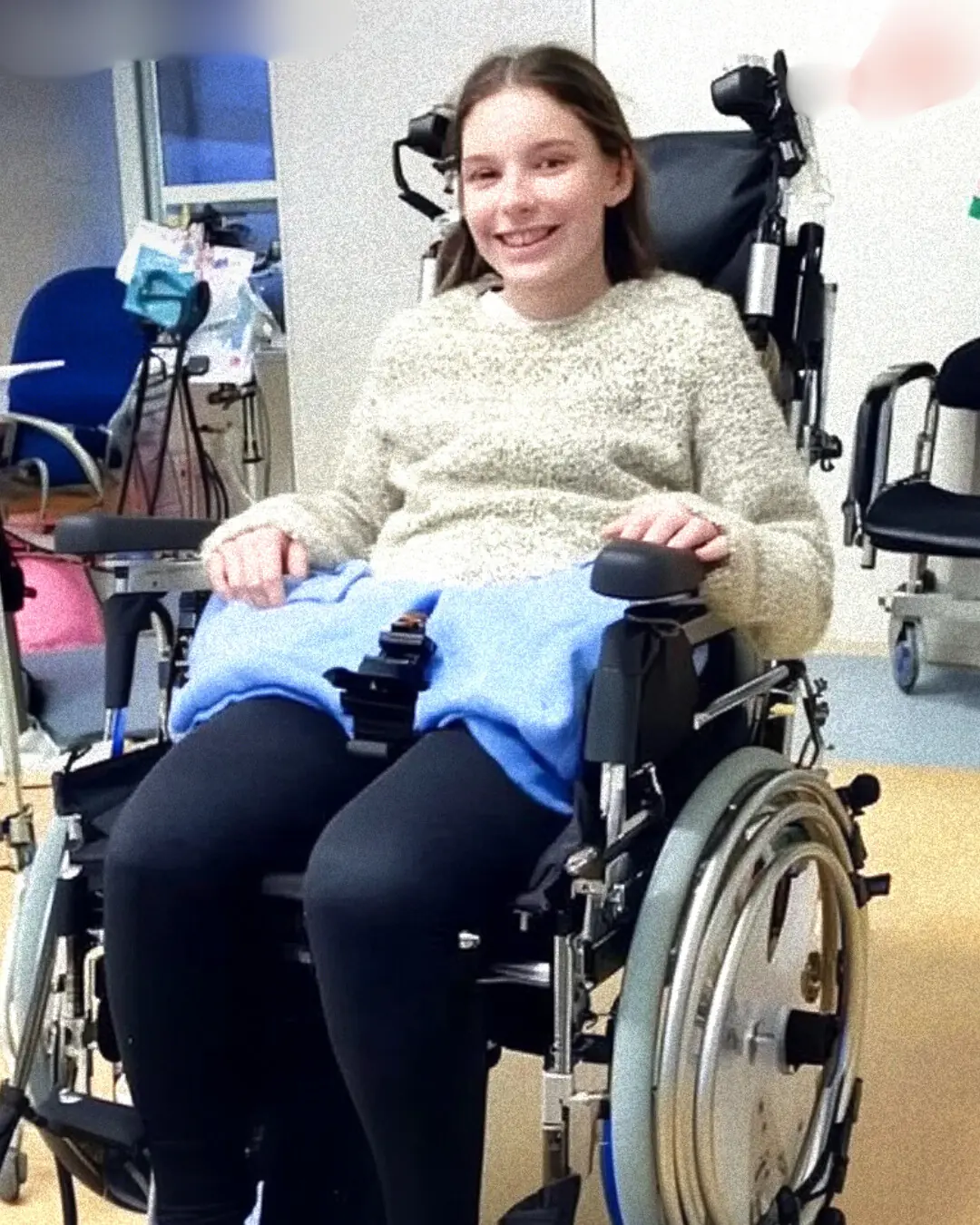
I Became a Burden to My Father after I Lost the Ability to Walk
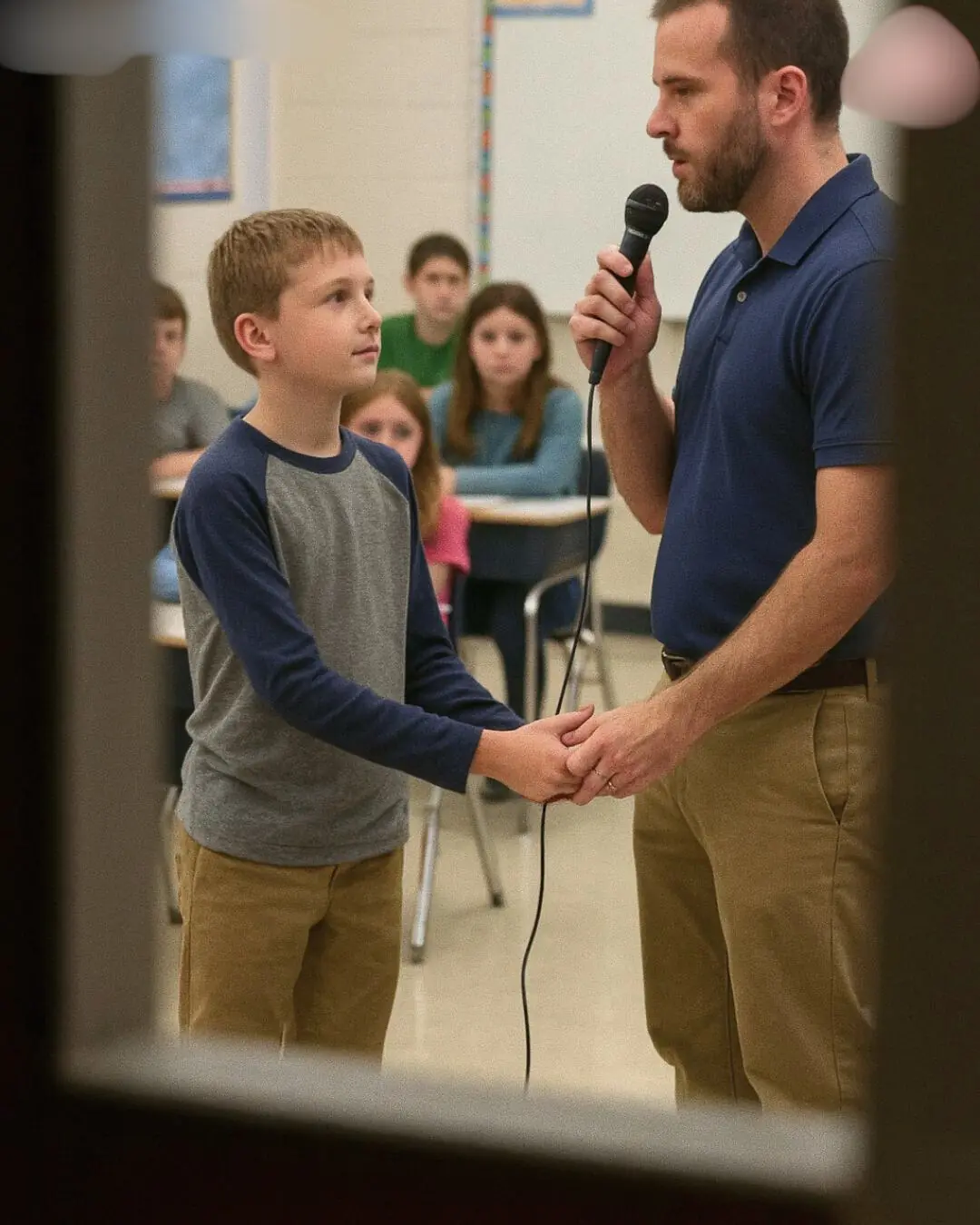
I Was Stunned When the Teacher Said All the Kids Talked about How Amazing My Husband Was on Father's Day, I'm a Widow
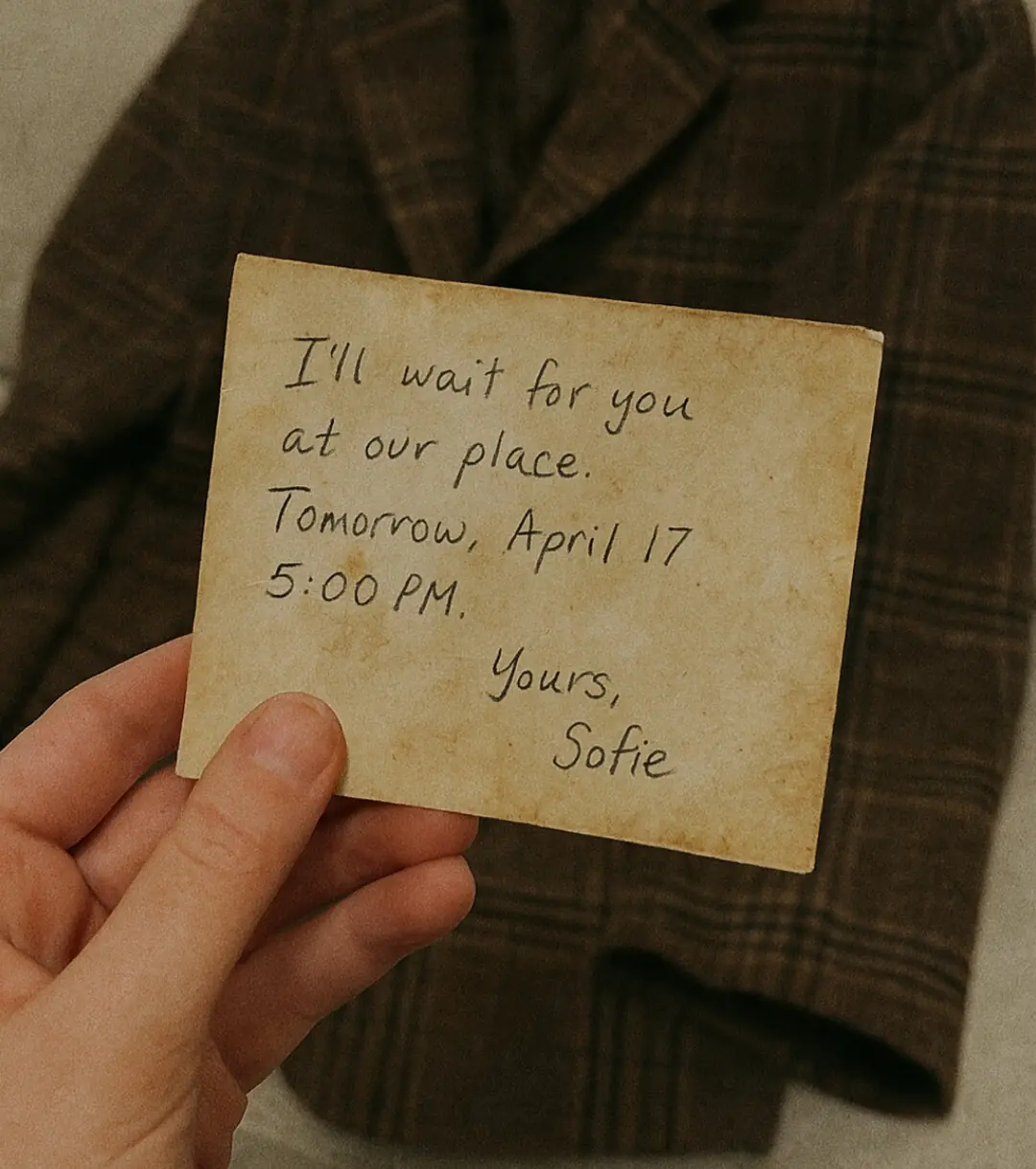
I Bought a Vintage Blazer at a Thrift Store for My Mom, But the Note Inside Revealed a Secret She Kept for 40 Years

My Neighbor Drove over My Lawn Every Day as a Shortcut to Her Yard

On the Day I Was Supposed to Marry the Love of My Life I Saw Her Leaving Town With My Father
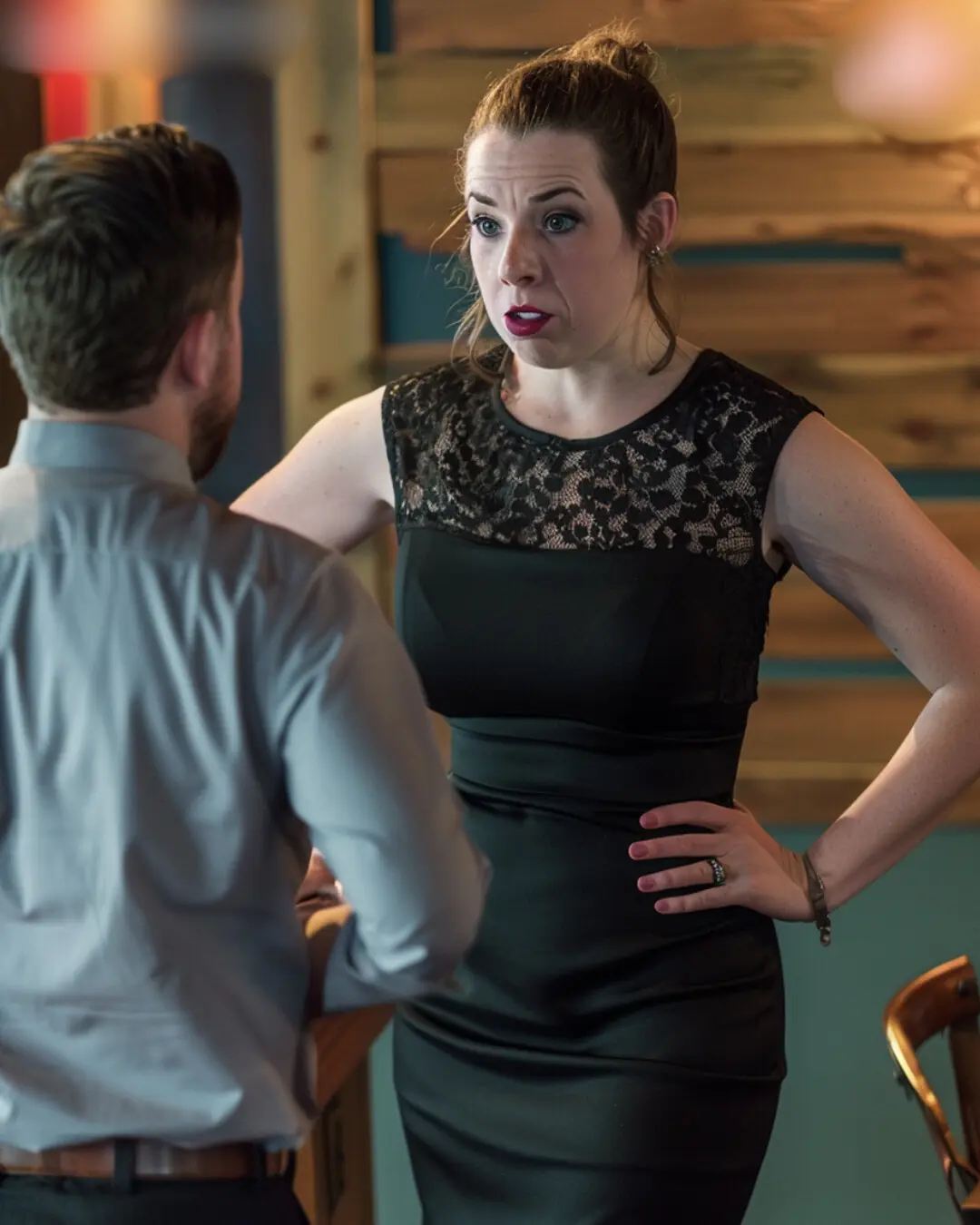
Entitled Guest Demanded a Free Table at 'Her Friend’s' Restaurant — Too Bad I Was the Owner
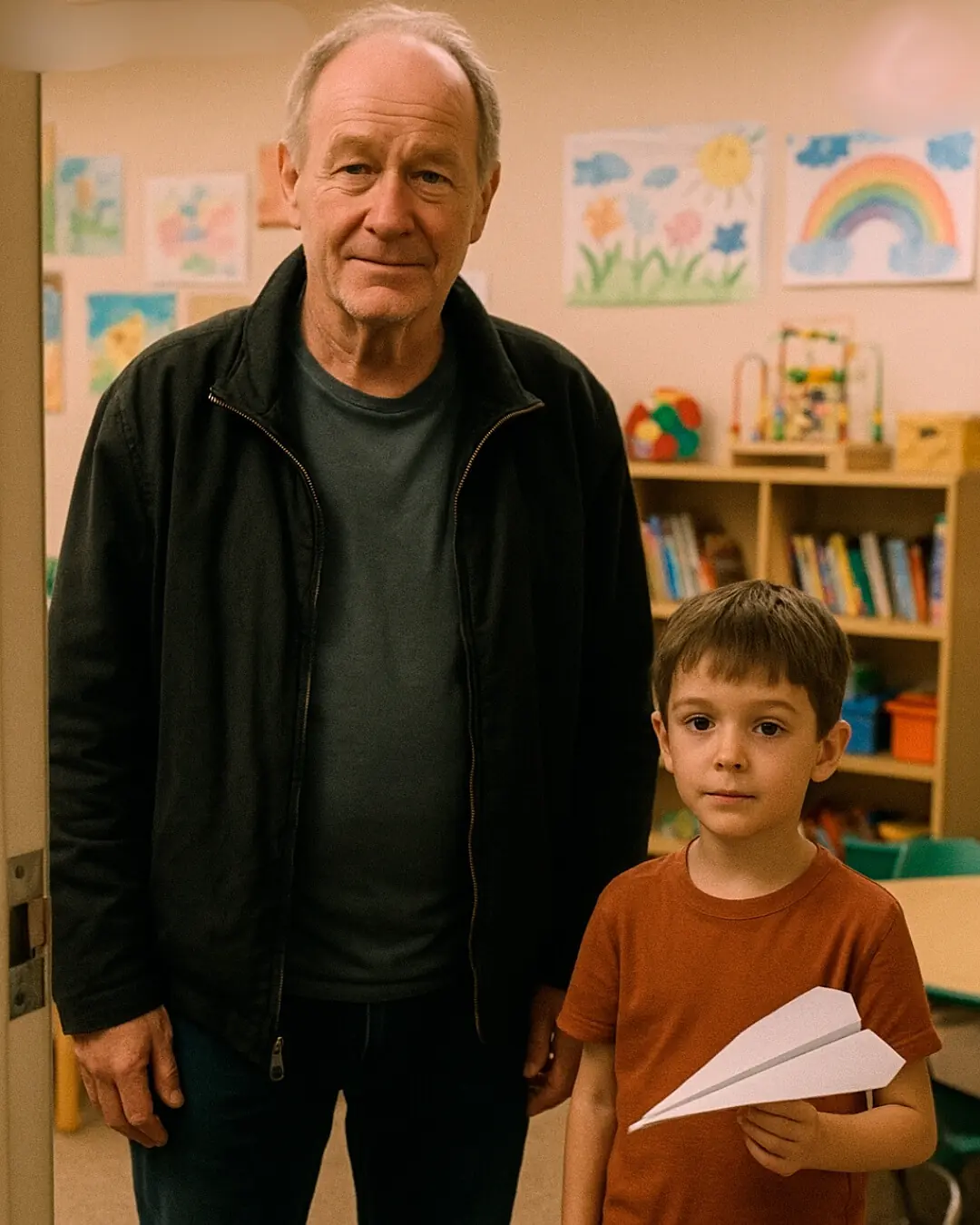
I Lost My Wife and Shut the World Out—Then an Orphaned Boy Opened My Heart Again
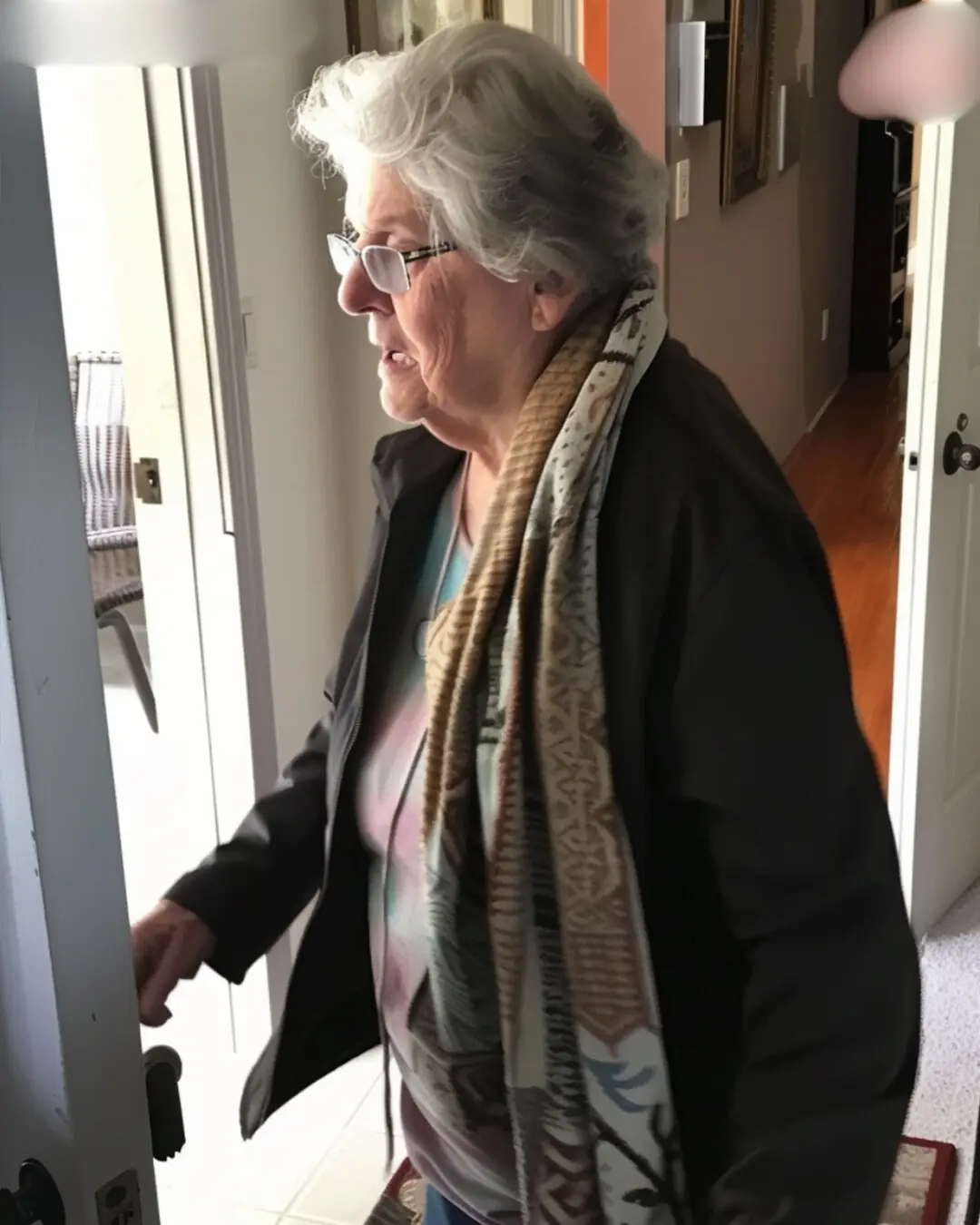
My Mom Avoided Me for Years—I Decided to Surprise Her Without Warning and Was Shocked by What She'd Been Hiding

My Aunt Lied About Being Sick and Homeless to Steal My Grandma's House — A Week Later, She Bought a Tesla
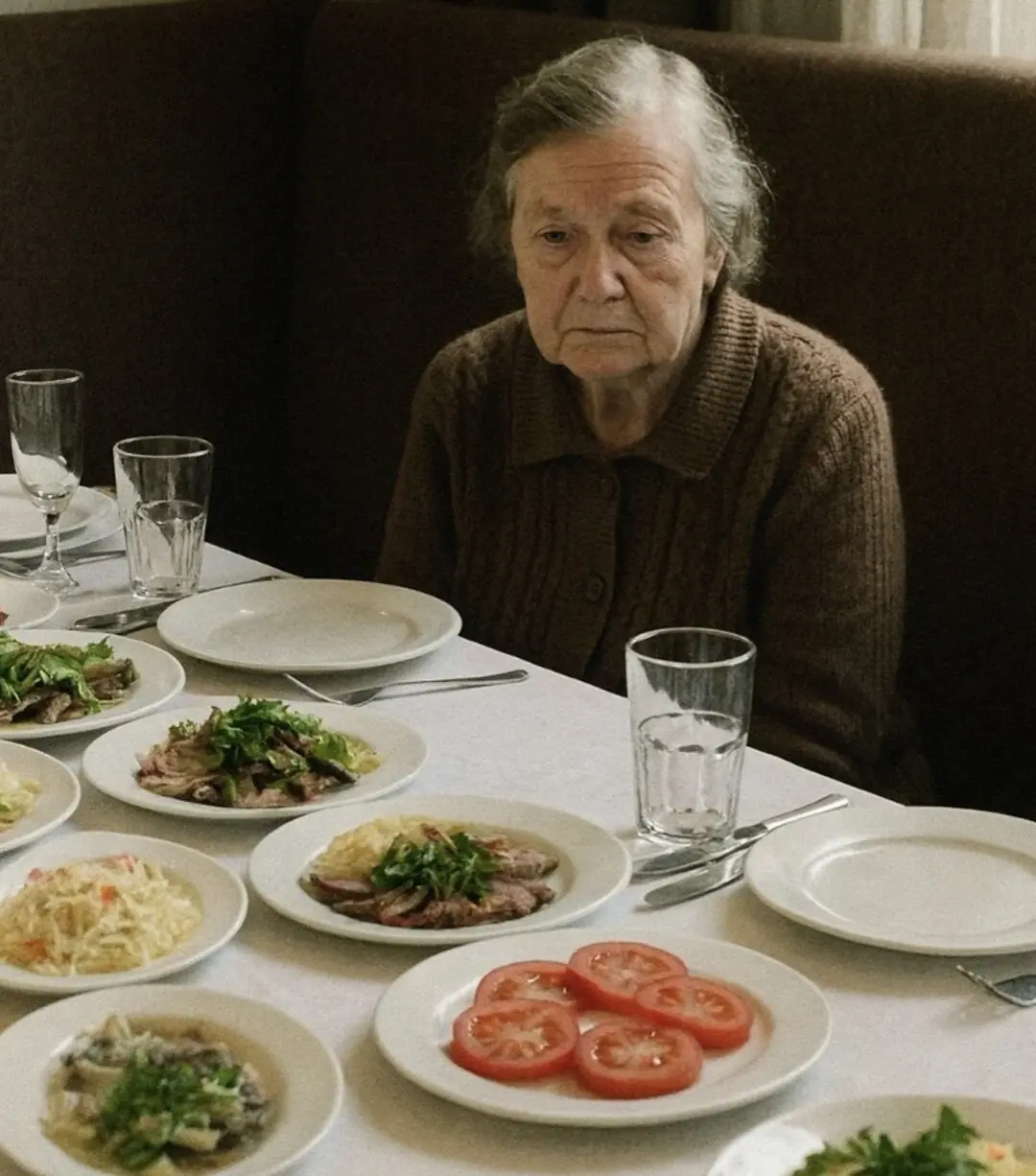
No One from Her Family Showed up for Our Café Older Regular's Birthday—But I Tried to Fix It

Reasons why women cheat, according to a relationship expert

My Dad Said Something Before He Took His Last Breath—And I Can’t Shake It

My Best Friend Stole My Husband—Ten Years Later, She Called Me Screaming His Darkest Secret

My fiancé and his mom demanded i wear a red wedding dress — but i had a better idea.

My MIL Demanded to Share a Hotel Room with My Husband During Our Anniversary Trip

My Parents Abandoned Me and My Younger Siblings When I Was 15 — Years Later They Knocked on My Door Smiling
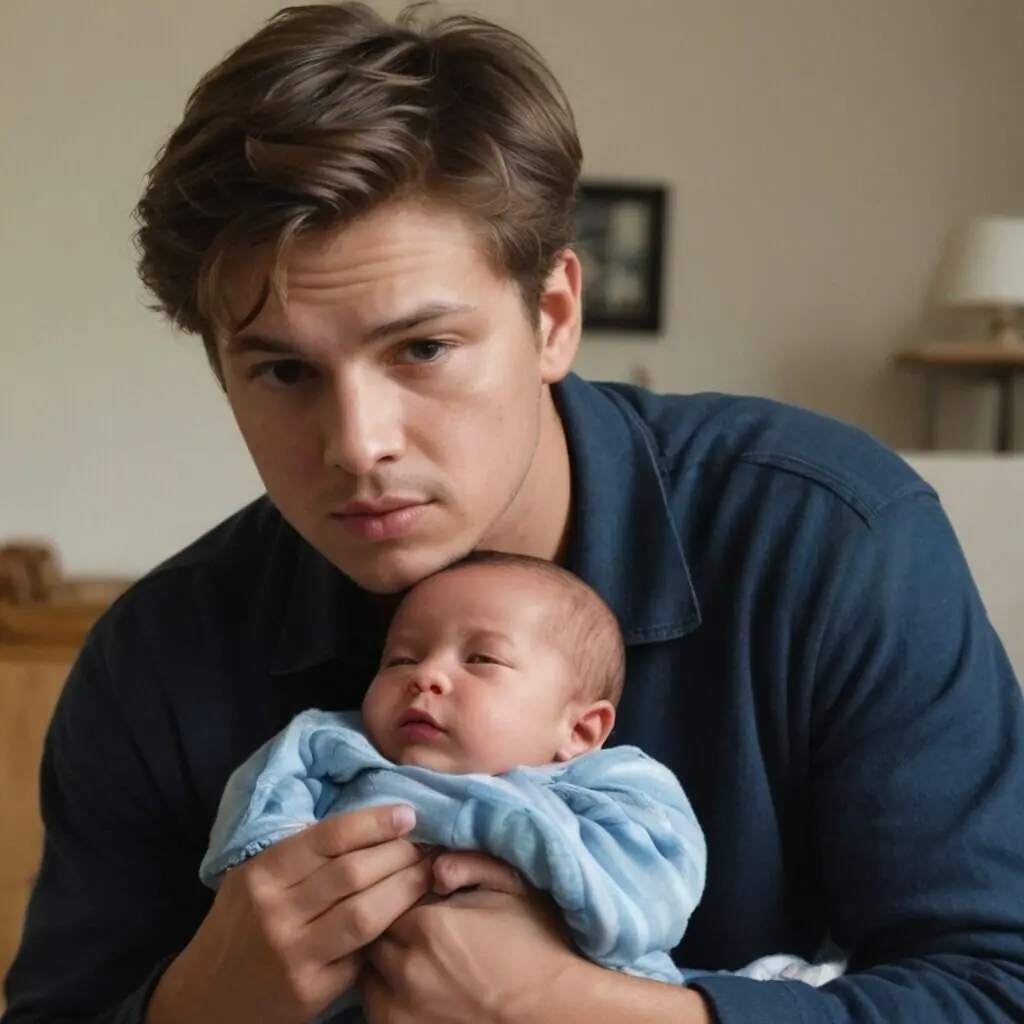
It was late afternoon when 16-year-old Jake walked through the front door

School Principal Noticed 9-Year-Old Girl Was Taking Leftovers from the School Cafeteria Every Day and Decided to Follow Her
News Post

Homemade Natural Painkiller: A Simple 3-Ingredient Remedy for Fast Relief

URGENT: These Foods Improve Circulation INSTANTLY!
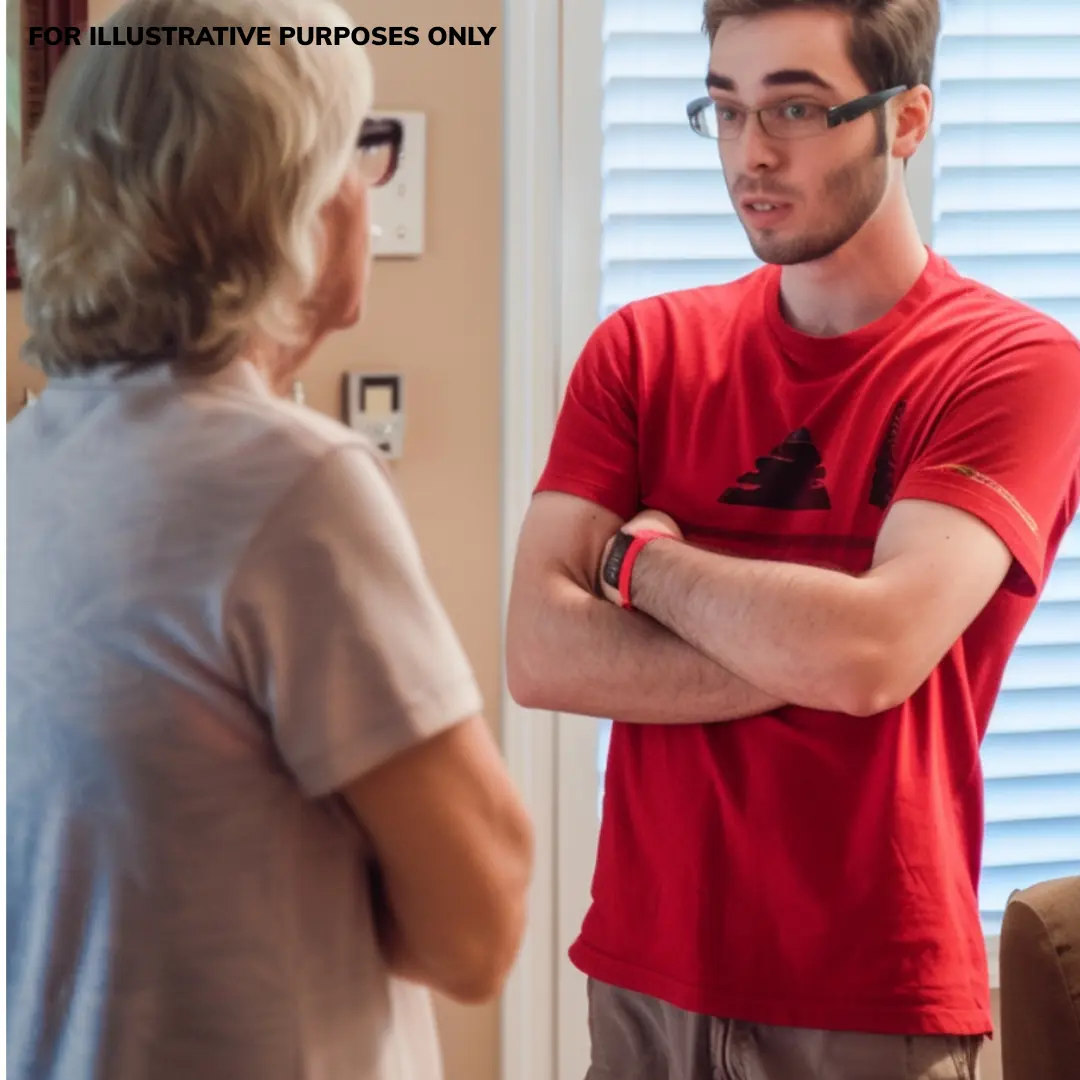
THEY BEGGED ME TO QUIT MY JOB TO WATCH MY GRANDKIDS – NOW THEY'RE DUMPING ME FOR DAYCARE
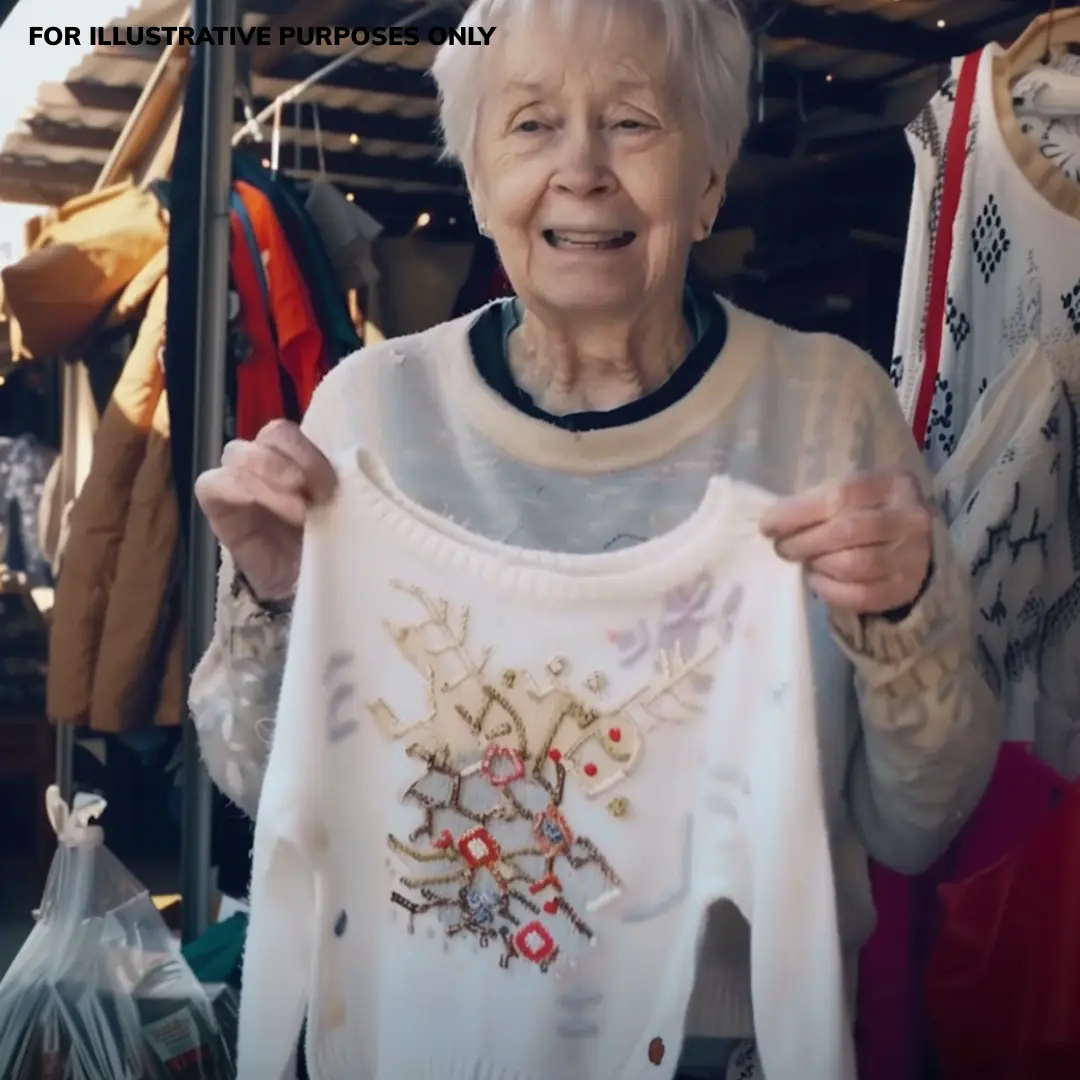
Grandma Saw the Sweater She Knitted for Her Granddaughter Donated and Decided It Was Time for a Talk About Appreciation

My Late Mom Left Me a Trust Fund, but My Dad Took Money from It for His Stepdaughter — I Finally Retaliated
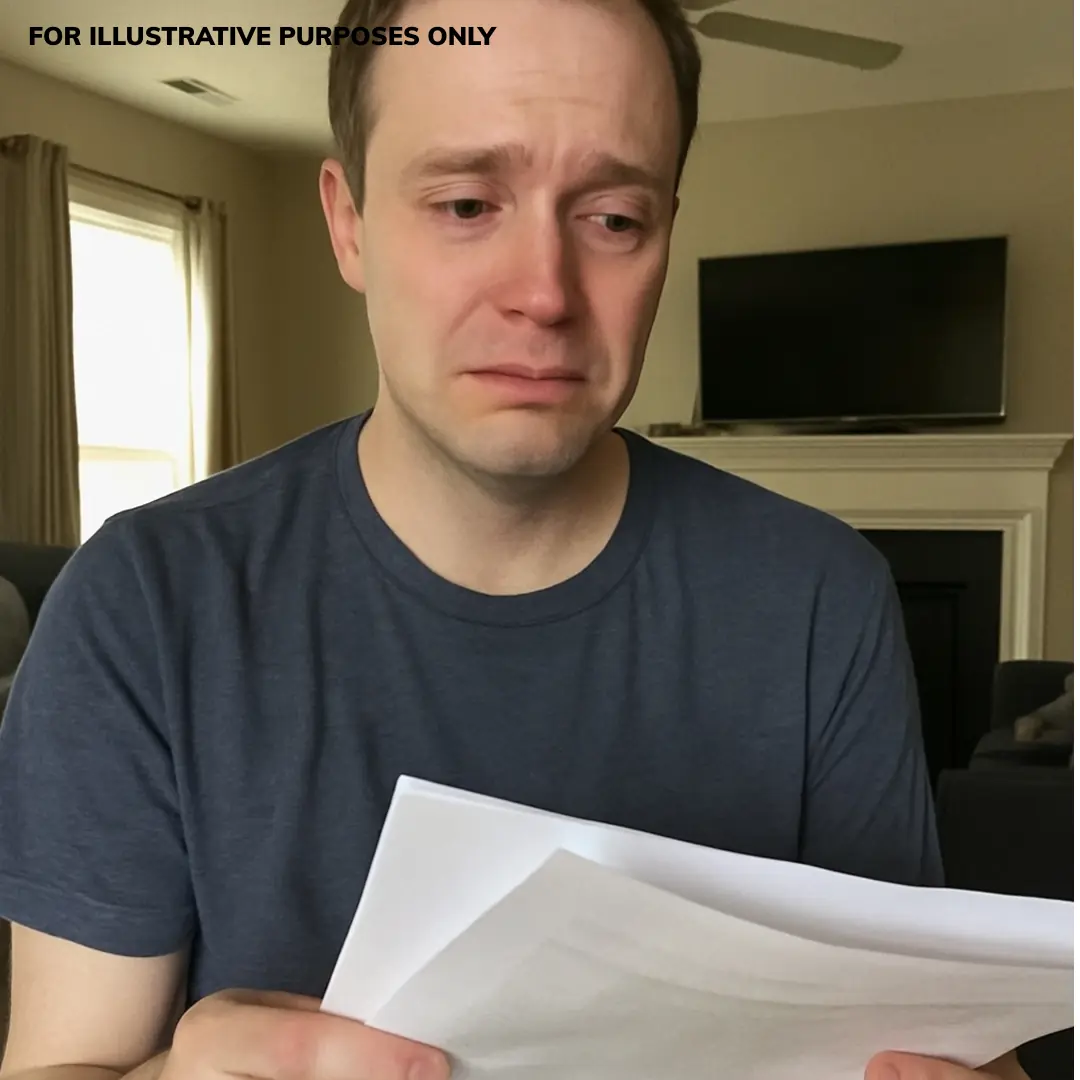
My Husband Made Me Sell My Apartment to Pay Off His 'Business Debts' After Being 'Dumped' by His Partner — But It All Turned Out to Be a Lie

My Landlord Raised My Rent Because I Got a Promotion — Big Mistake Messing With a Single Working Mom of Three

All the Guests Brought Black Gifts to My Birthday Party — If Only I Knew What Was Coming

Cleaner Stepped Into a Stranger’s Home
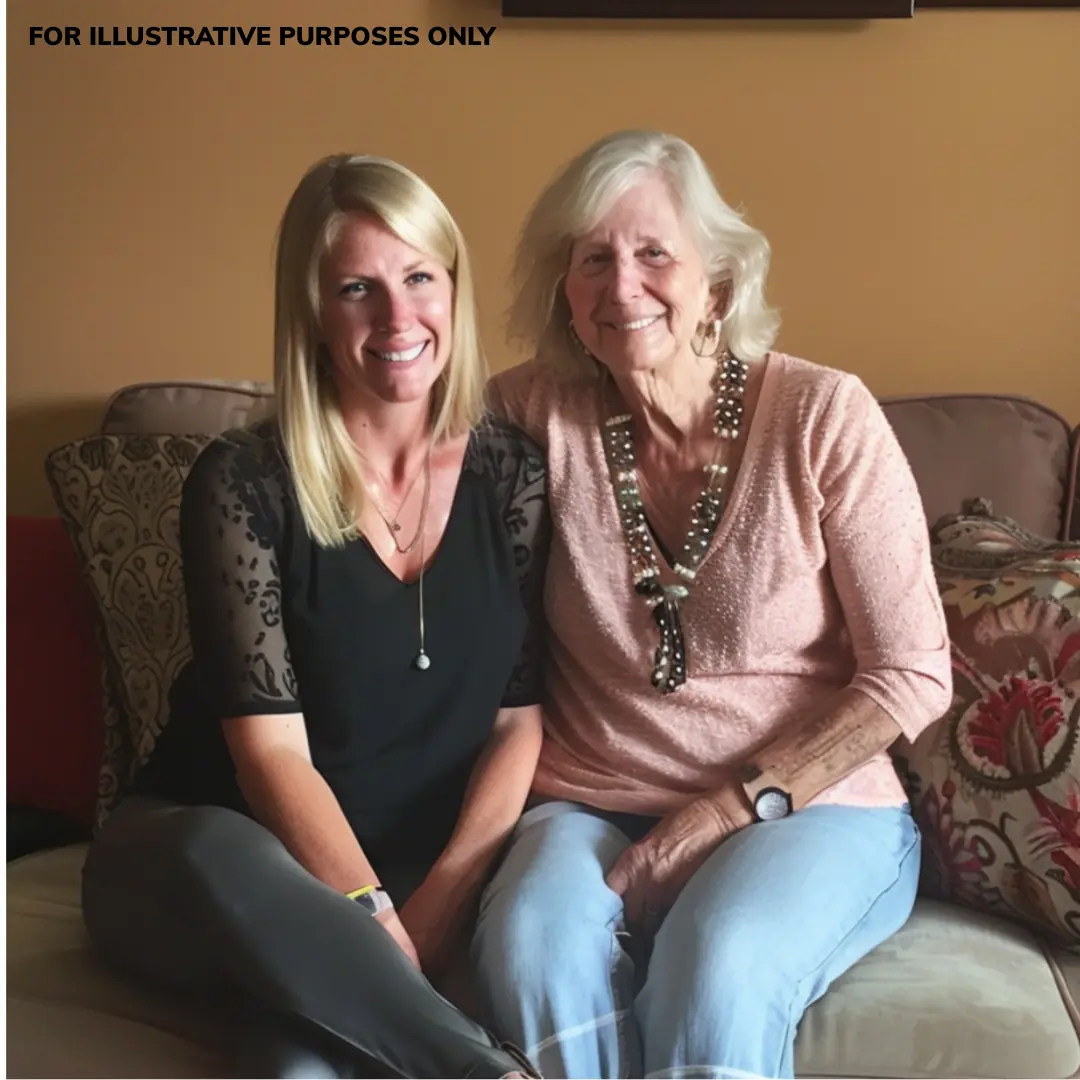
My Mom Avoided Me for Years
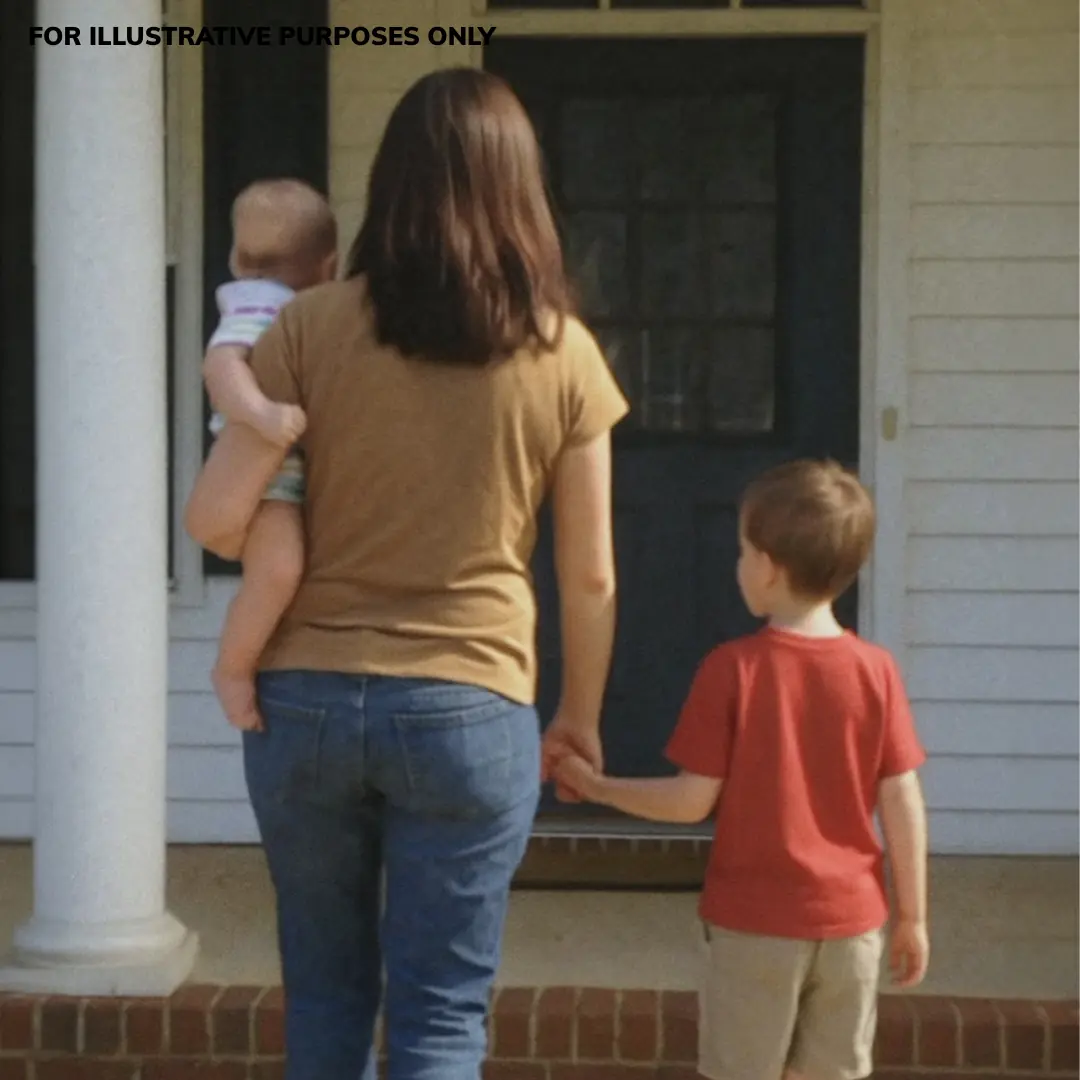
My Best Friend Asked Me to Watch Her Kids for an Hour – I Didn't See Her Again for 7 Years
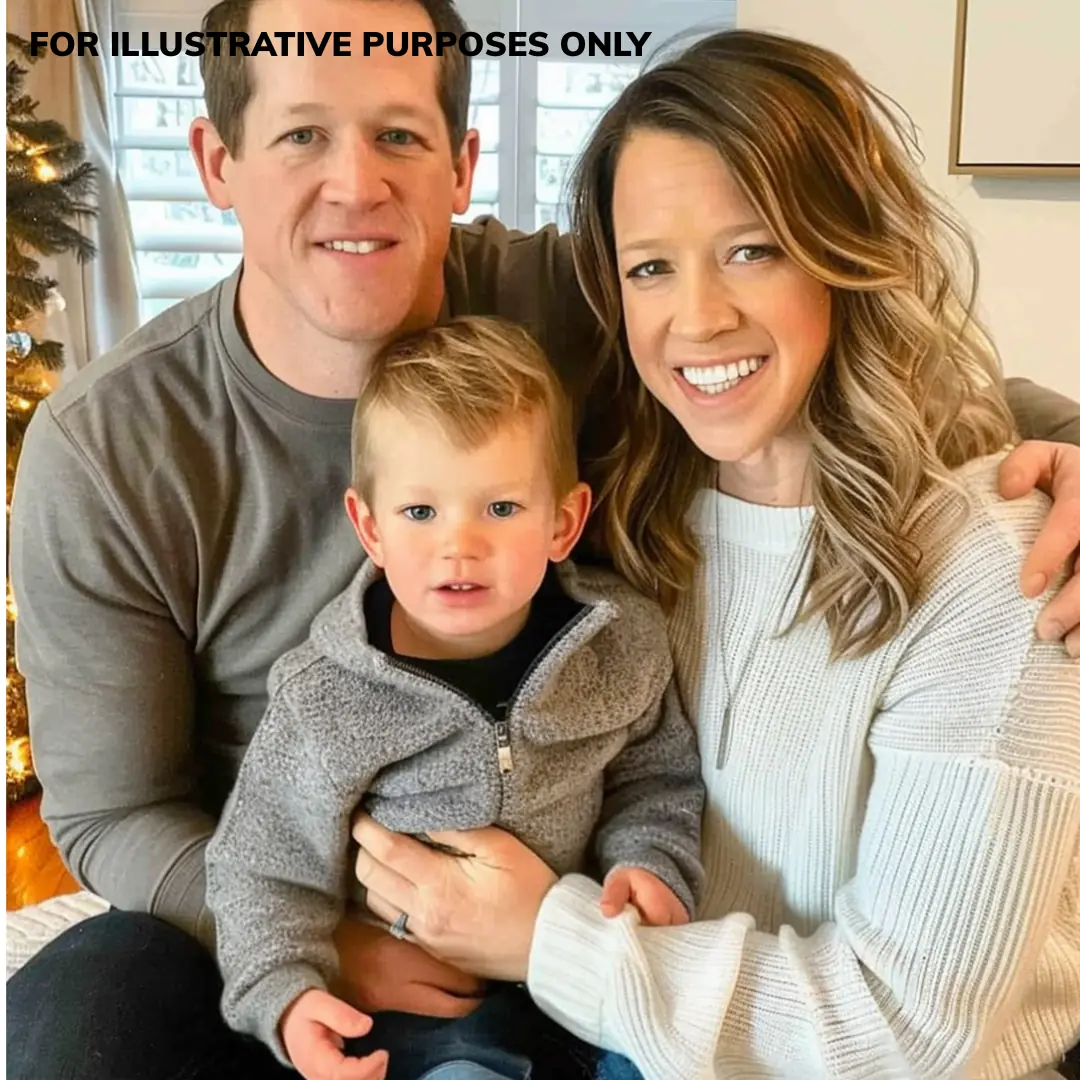
My Husband Had Been Secretly Transferring Money from Our Joint Account to My Best Friend for Months

Doctors make disturbing discovery in the brains of heavy alcohol drinkers that 'can cause long-term effects'

World-first sperm race is happening soon and the creators have revealed how it will work

Scientists Grow First Fully Formed Tooth In Lab — A Groundbreaking Breakthrough

New COVID Wave Surges — Health Officials Sound Alarm As Cases Double

10 Things That Men May Find Unattractive About Women Over 50

8 Signs You Might Be Affected by Lactose Intolerance

Understanding Diabetes: Types, Symptoms, Risks, and How to Manage It
